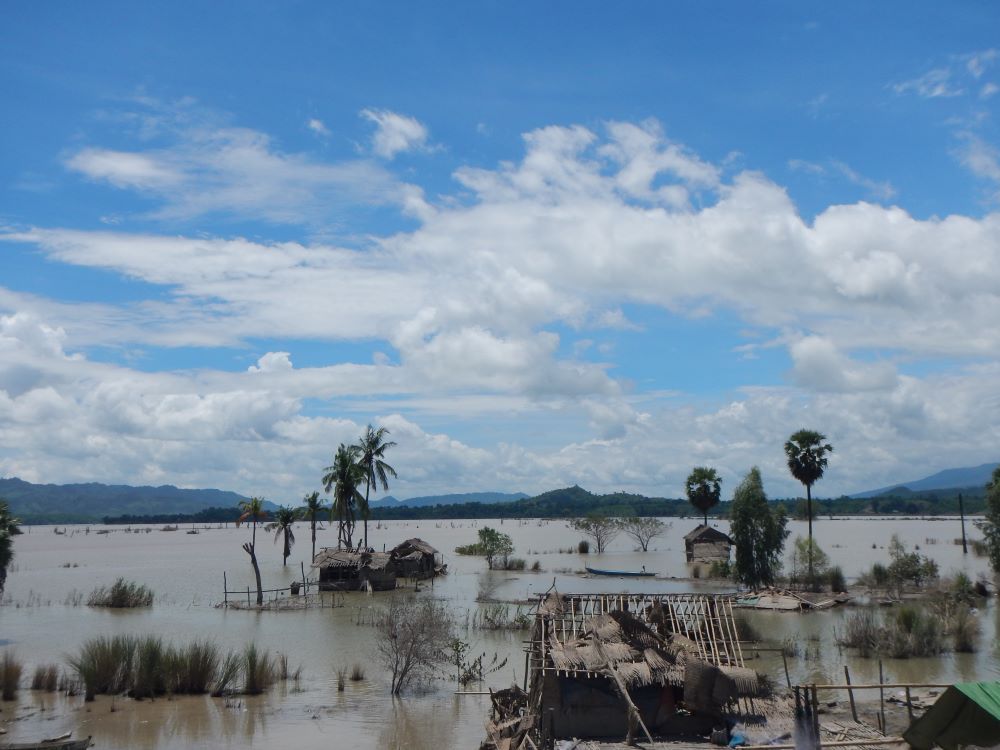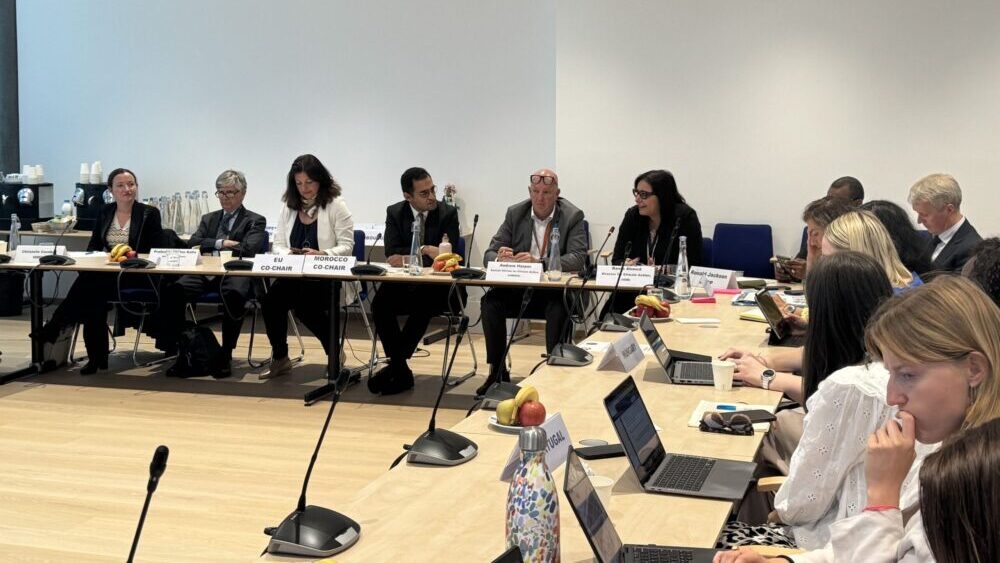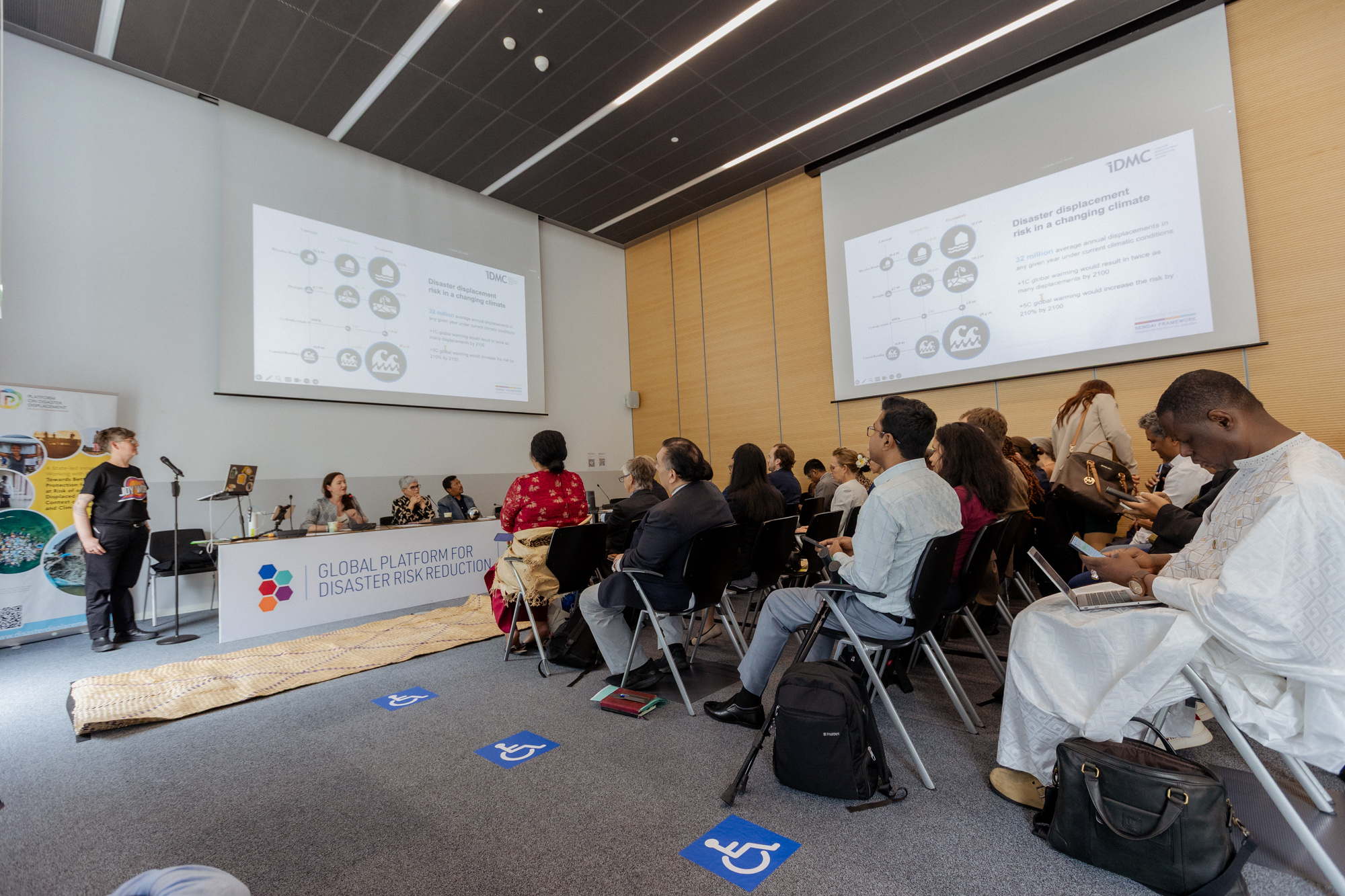Reporting Back: Conversations on Planned Relocations in the Context of Disasters and the Adverse Effects of Climate Change
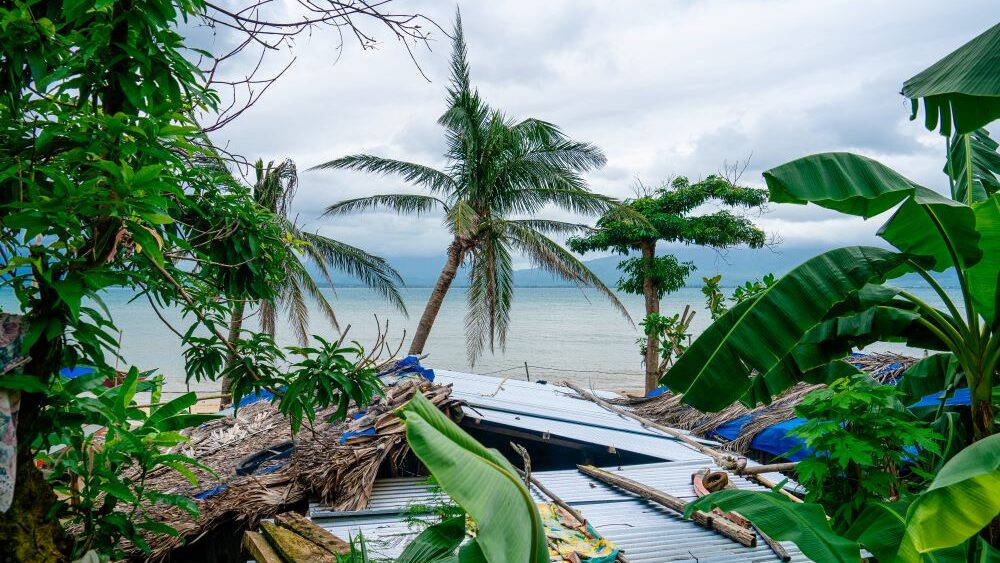
Planned relocation is not just about a person moving from place A to B, but about whole ‘worlds’ being moved, with respective beliefs, traditions and cultures.
Disaster displacement is projected to continue to grow as disasters and the adverse effects of climate change continue to increase in both frequency and intensit. Within this context, an increasing number of local and national actors are grappling with the topic of planned relocationsy.
Planned relocations are defined as processes in which “groups of persons move or are assisted to move away from their homes or places of temporary residence, are settled in a new and safer location, and are provided with the conditions for rebuilding their lives within their national borders” (Guidance on Planned Relocations, Brookings, Georgetown University and UNHCR 2015).
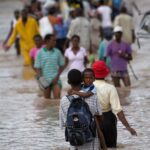 From 14-19 March 2024, the United Nations Special Rapporteur on the human rights of internally displaced persons (SR HR IDPs), Paula Gaviria Bentancur, and the Secretariat of the Platform on the Disaster Displacement (PDD), together with partner networks including the South American Network for Environmental Migrations (RESAMA), the Pacific Resilience Partnership’s Technical Working Group on Human Mobility, and the Asia Pacific Academic Network on Disaster Displacement (APANDD), organized a series of online conversations on planned relocations in the context of disasters and the adverse effects of climate change. These conversations were held under the Chatham House Rule and aimed at supporting the Special Rapporteur’s call for input for her thematic report to the 56th session of the Human Rights Council.
From 14-19 March 2024, the United Nations Special Rapporteur on the human rights of internally displaced persons (SR HR IDPs), Paula Gaviria Bentancur, and the Secretariat of the Platform on the Disaster Displacement (PDD), together with partner networks including the South American Network for Environmental Migrations (RESAMA), the Pacific Resilience Partnership’s Technical Working Group on Human Mobility, and the Asia Pacific Academic Network on Disaster Displacement (APANDD), organized a series of online conversations on planned relocations in the context of disasters and the adverse effects of climate change. These conversations were held under the Chatham House Rule and aimed at supporting the Special Rapporteur’s call for input for her thematic report to the 56th session of the Human Rights Council.
All four regional conversations reaffirmed that planned relocations in the context of disasters and climate change may raise several challenges to the protection and enjoyment of human rights. Paula Gaviria Betancur invited participants to share their insights and experiences and said “I am particularly curious to hear from you about the challenges you have observed and recommendations for how we can ensure that planned relocations are people-centered, anchored in human rights, and preserve cultural identities and local practices.”
The wealth of experiences shared from across all regions can be summarized under three broad themes:
1. Planned relocations in the context of disasters and climate change are ongoing across the world.
During the conversations with the Special Rapporteur, participants shared several examples and cases of planned relocations from across the world. These illustrated that while planned relocations raise similar concerns, including around loss of access to livelihoods and community integration, they differ significantly according to context. For example, while some relocations are initiated by governments, others are community-led; some are carried out in urban contexts, while others occur in rural areas; some relocations are anticipatory, in the context of slow-onset processes, while others follow sudden-onset disasters. Participants also raised the disproportionate impacts of planned relocations on groups in vulnerable situations, including women and indigenous peoples. If planned relocation is to be considered an adaptive strategy or a durable solution, these challenges must be addressed through a rights-based approach.
2. There is a need for legal and policy frameworks, data and funding to support planned relocations in the context of disasters and climate change.
The conversations with the Special Rapporteur revealed that there is a general lack of guidance on planned relocations in the context of disasters and climate change. While some governments, such as Fiji and the Solomon Islands, have developed national policies or standard operating procedures in this context, the majority of national and local governments do not have frameworks that can guide them in this endeavor.
Participants emphasized the need for laws and policies that can help them with the planning, implementation and evaluation of planned relocations, with a clear delineation of roles and responsibilities to ensure accountability. Participants further stressed the importance of a whole of society approach, noting the important roles of different actors including civil society organizations and national human rights institutions in these processes.
The conversations also called for more disaggregated data and financing to support planned relocations in the context of disasters and climate change, and participants discussed opportunities under different funding mechanisms including the new loss and damage fund.
3. Communities must be at the center of planned relocation processes.
Planned relocation must be a dignified process that ensures the effective enjoyment of human rights for all. As one participant highlighted, “simply providing land and housing is not enough” – it is also about access to livelihoods, education, services, etc. When this is not addressed, people may return to their original locations and/or end up in vulnerable situations. Specific attention should also be paid to Indigenous Peoples’ unique rights and attachment to land.
Communities must be at the center of all stages of the planned relocation process, and their meaningful and inclusive participation, access to information, and access to justice must be ensured. The conversations also underscored that individuals and communities should have the right to decide whether they want to stay or move. As one participant put it: “most people want to stay in place, so we need to make sure that everything possible is done to ensure this.”
As planned relocations continue to be considered and implemented around the world, it is essential that human rights are respected, protected, promoted and fulfilled throughout these processes. In line with its new 2024-2030 Strategy, the PDD will continue to support the mandate of the Special Rapporteur and other efforts around internal displacement and planned relocations in the context of disasters and climate change.

